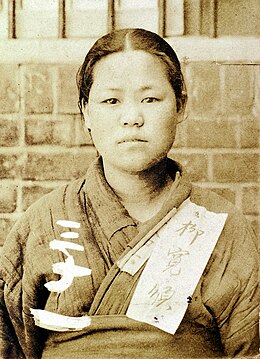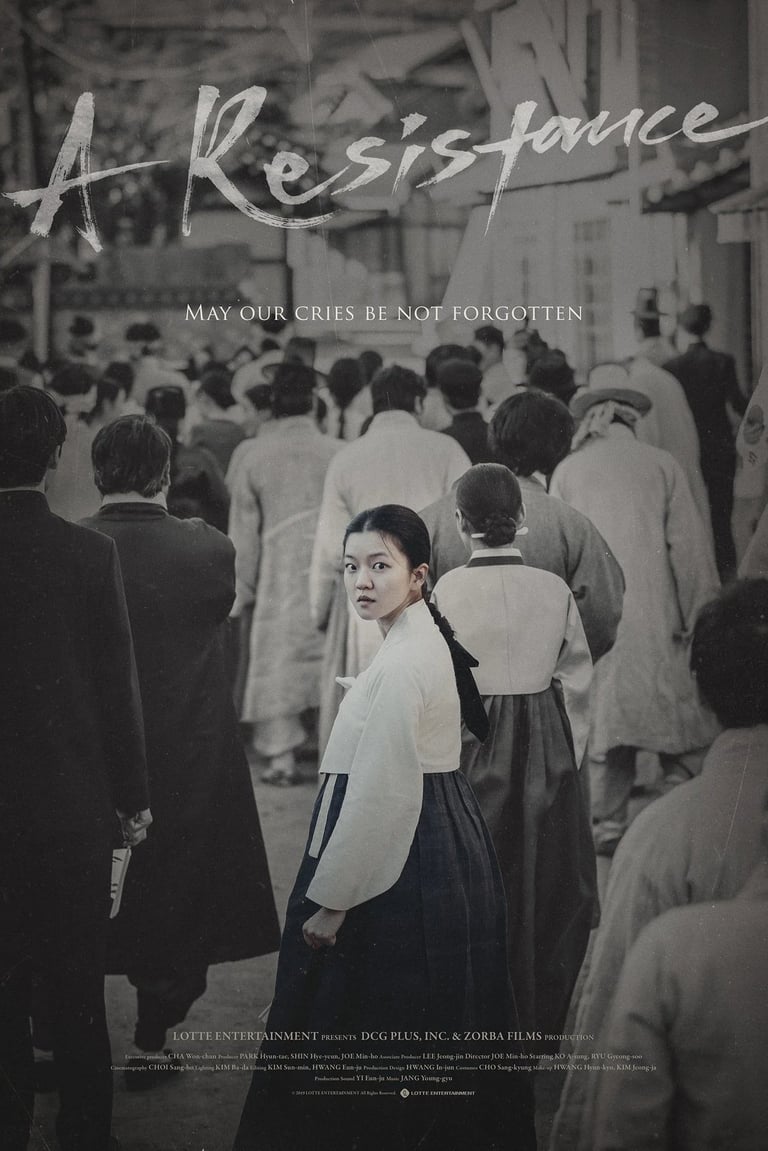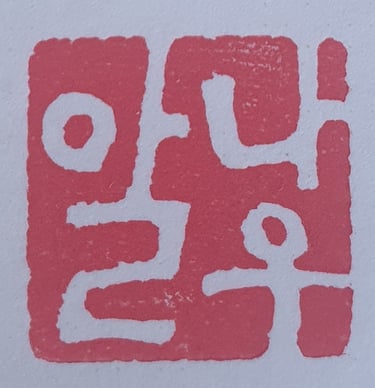Yu Gwan-sun
Yu Gwan-sun (유관순, 1902-1920): A Korean Independence Heroine
Yu Gwan-sun is a symbolic figure of Korea's fight for independence against Japanese occupation. She is renowned for her pivotal role in the March 1st Movement (Samil Undong) of 1919, a mass protest demanding Korea’s liberation, which marked a turning point in the Korean resistance against the Japanese Empire. Through her bravery, sacrifice, and martyrdom, Yu Gwan-sun became a national symbol of the struggle for freedom and independence.
Historical Context: Japanese Occupation
The official annexation of Korea by the Japanese Empire in 1910 ushered in a dark period of colonial domination, characterized by harsh political, economic, and cultural repression. The Japanese colonial regime imposed severe restrictions on civil liberties, banned the teaching of the Korean language, and attempted to erase Korean national identity by promoting cultural assimilation. However, this period also saw the emergence of a growing national resistance movement, often underground, aimed at restoring Korea’s independence.
Early Life of Yu Gwan-sun
Yu Gwan-sun was born on December 16, 1902, into a Christian family in Cheonan, Chungcheong Province, Korea. Her family was active in the local community, and Yu grew up in an environment where education and religion played central roles. In 1918, she enrolled at Ewha Girls’ School in Seoul, an institution founded by American Methodist missionaries, which fostered a spirit of service to the nation and women's empowerment.
The March 1st Movement of 1919
The March 1st Movement was inspired by U.S. President Woodrow Wilson’s principles of self-determination after World War I, as well as similar independence struggles around the world. On March 1, 1919, a Declaration of Independence was read at Pagoda Park in Seoul by a group of Korean leaders. That day, mass demonstrations erupted across Korea, involving millions of people, including students, intellectuals, and farmers, demanding an end to Japanese occupation.
At the age of 16, Yu Gwan-sun participated in the demonstrations in Seoul. After many of the movement’s leaders were arrested, she returned to her hometown to continue organizing local protests. On April 1, 1919, she organized a large protest in her hometown of Aunae, gathering around 3,000 people. During the protest, Japanese forces opened fire on the demonstrators, killing her parents and many others.
Arrest and Martyrdom
Following the violent suppression of the protest, Yu Gwan-sun was arrested by Japanese authorities and imprisoned at Seodaemun Prison in Seoul, notorious for its brutality. There, she was subjected to harsh interrogations, torture, and mistreatment, but she refused to abandon her commitment to Korean independence.
Even in prison, Yu continued to resist. She led hunger strikes, organized secret prayers, and encouraged other prisoners not to lose hope. The Japanese authorities intensified the torture to break her spirit, but she remained steadfast in her convictions. On October 12, 1920, at the age of 17, Yu Gwan-sun died from the injuries inflicted by her captors. Before she died, she is said to have uttered, "My only regret is not yet winning my country’s independence."
Legacy and Remembrance
Yu Gwan-sun is often referred to as the “Joan of Arc of Korea” due to her youth, sacrifice, and leadership in the fight for independence. Her courage in the face of oppression inspired generations of Koreans to continue the struggle for freedom, even after her death. Her name is associated with the indomitable spirit of the Korean people, and she is regarded as a national heroine today.
The Korean government has commemorated Yu Gwan-sun by designating March 1st as a national holiday, Samiljeol, to celebrate the March 1st Movement and the spirit of independence it fostered. In 1962, she was posthumously awarded the Order of Merit for National Foundation, one of South Korea’s highest civilian honors.
Her life has been remembered through monuments, museums, films, and books. The Yu Gwan-sun Memorial Hall, located in her hometown, chronicles her life and her role in the independence movement. Seodaemun Prison, where she was martyred, has been converted into a museum and memorial to honor the Korean resistance fighters who suffered under Japanese rule.
Conclusion
Yu Gwan-sun remains an iconic figure, not only in the fight for Korea’s independence but also as a symbol of youth, moral courage, and resistance in the face of oppression. Her story is that of a young woman who, despite her age, demonstrated unwavering determination and commitment to her people’s freedom. Through her sacrifice, Yu Gwan-sun left a lasting legacy that continues to inspire present and future generations in Korea and beyond.
Yu Gwan-sun on screen
A Resistance - 항거: 유관순 이야기 - Directed by Joe Min-ho





